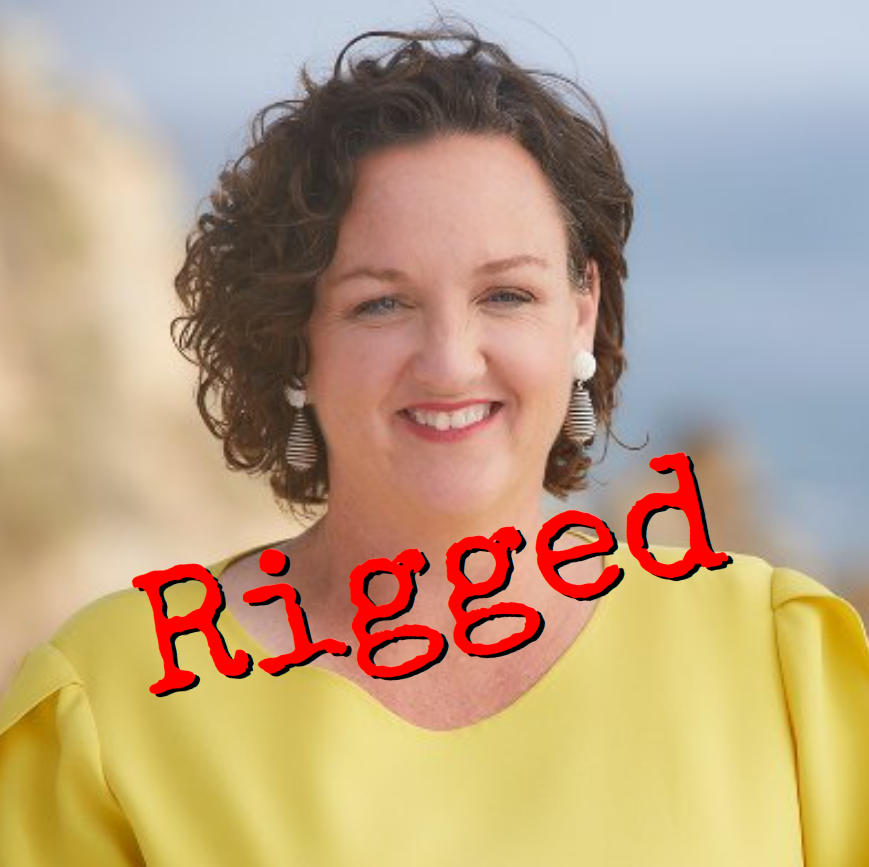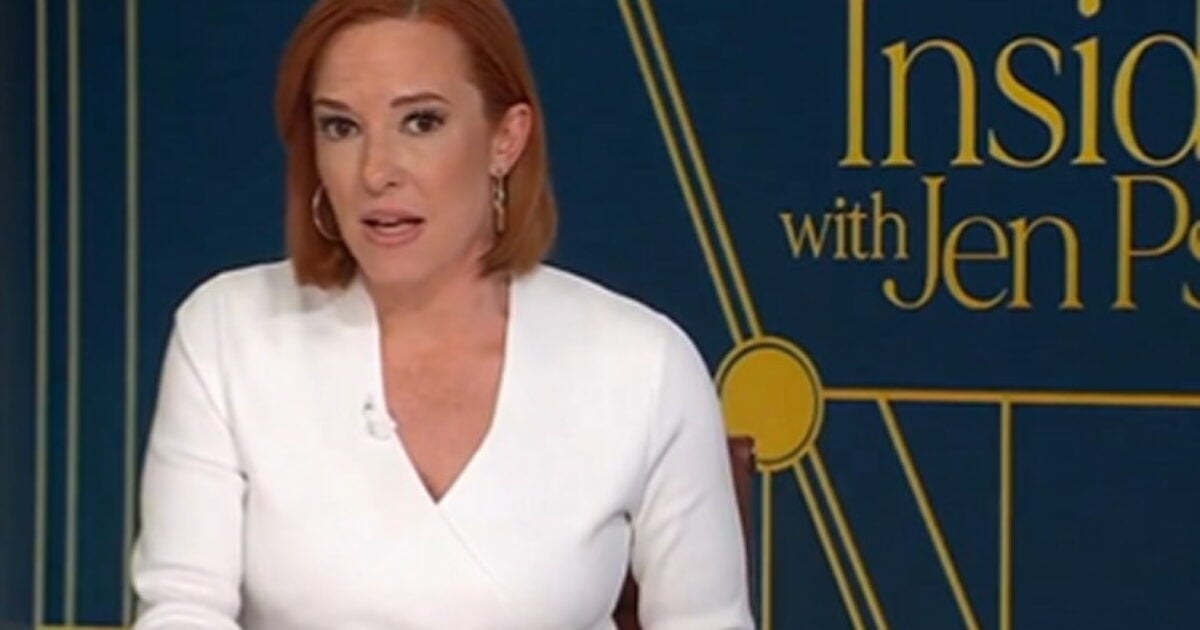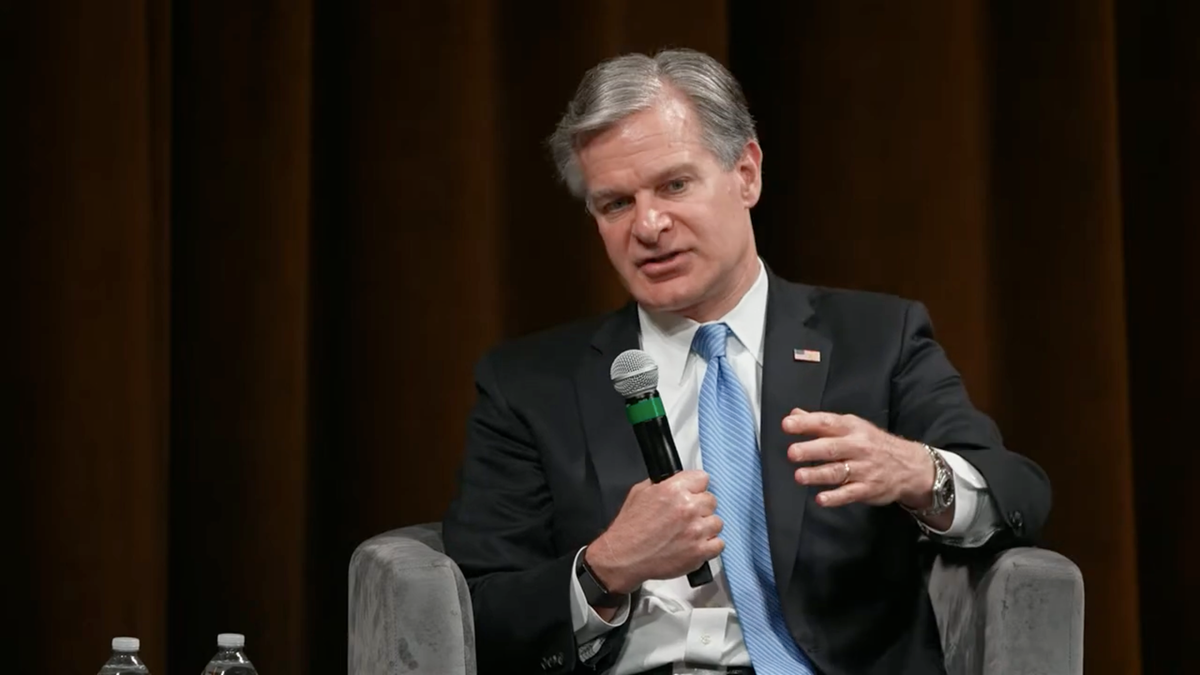Rep. Katie Porter (D-CA)
After the recent Super Tuesday elections in California, Adam Schiff and Steve Garvey emerged as the top two candidates for the 2024 general election. This election will determine the successor to the late Dianne Feinstein, who passed away at the age of 90 while in office. California employs a unique voting system known as a “jungle primary,” where all candidates, regardless of party, participate in the primary election, with only the top two vote-getters advancing to the general election. In this instance, both Schiff and Garvey secured over 30% of the vote each, while Rep. Katie Porter, a progressive congresswoman representing CA’s 45th District, received approximately 10% of the vote.
Katie Porter’s Response
Following the election results, Rep. Katie Porter expressed her gratitude to her supporters for their efforts in challenging the status quo in Washington. She highlighted the immense financial backing her opponents received, including significant spending on negative advertisements by wealthy individuals, which she perceived as attempting to manipulate the election outcome. This sparked a debate among various political factions regarding the use of the term “rigged” and the validity of Porter’s claims.
In response to the criticism, Porter clarified her use of the term “rigged,” emphasizing that it referred to the influence of big money on the election process rather than questioning the integrity of the vote count itself. She underscored the role of financial interests in shaping political outcomes, defending her stance on calling out such manipulative practices that undermine democracy. Despite the backlash, Porter stood by her assertions, asserting that the election process in California maintains a high level of integrity and transparency.
Analysis and Comparison
The controversy surrounding Porter’s comments sheds light on the broader issue of external financial influences in elections. While Porter’s concerns about undue influence from wealthy donors are valid, they are dwarfed by the unprecedented financial interventions witnessed in the 2020 Presidential Election. In that election, a single billionaire, Mark Zuckerberg, allocated substantial funds to organizations aiming to increase voter turnout, particularly in key swing states.
Porter’s emphasis on the impact of ad-buying and campaign practices pales in comparison to the massive funding directed by Zuckerberg and affiliated groups in the previous election. The allocation of resources to specific regions to sway voter outcomes highlights the intricate web of financial interests that can sway the democratic process. Despite Porter’s efforts to spotlight these issues, the broader systemic flaws in election infrastructure remain unaddressed by most elected officials.
In conclusion, Rep. Katie Porter’s remarks on the influence of “dark money” in elections provide valuable insight into the complexities of campaign financing and its implications for democratic governance. While her comments may have sparked controversy, they underscore the need for greater scrutiny and transparency in electoral practices to ensure the integrity of the democratic process.
Image/Photo credit: source url





